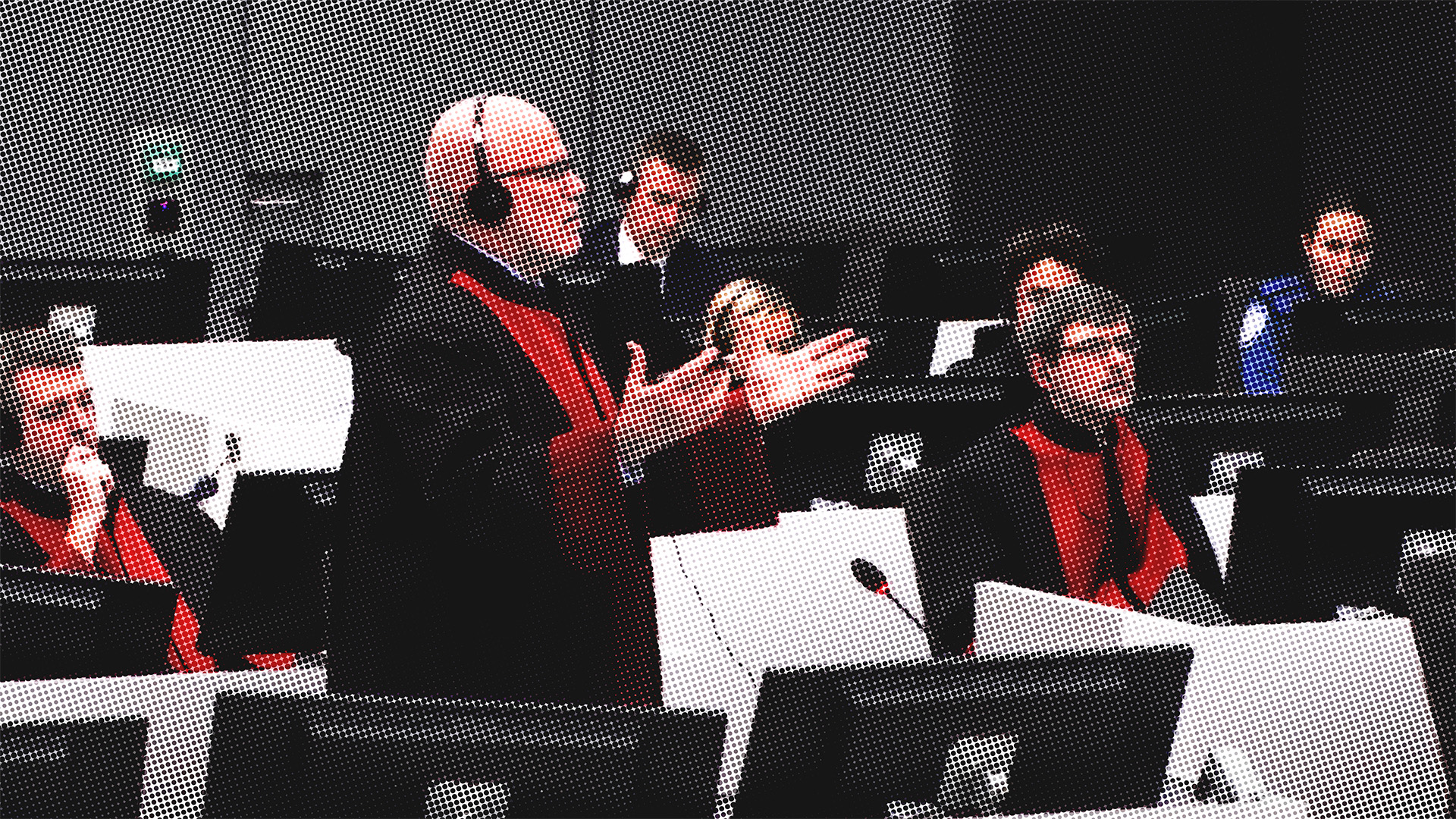
What’s happening at the Kosovo Specialist Chambers?
The trial of four former members of the Kosovo Liberation Army is entering its final phase.
Positions held by Thaçi, Veseli, Selimi and Krasniqi
The witnesses
Number of victims and compensation

Besian Beha
Besian Beha is a journalist at Nacionale. With eight years of experience, he has worked for various online media and the public broadcaster RTK. He has received a number of journalism awards for his coverage of transitional justice and women’s empowerment in the workplace. Besian is a fellow of the fifth cycle of K2.0’s fellowship program.
This story was originally written in Albanian.